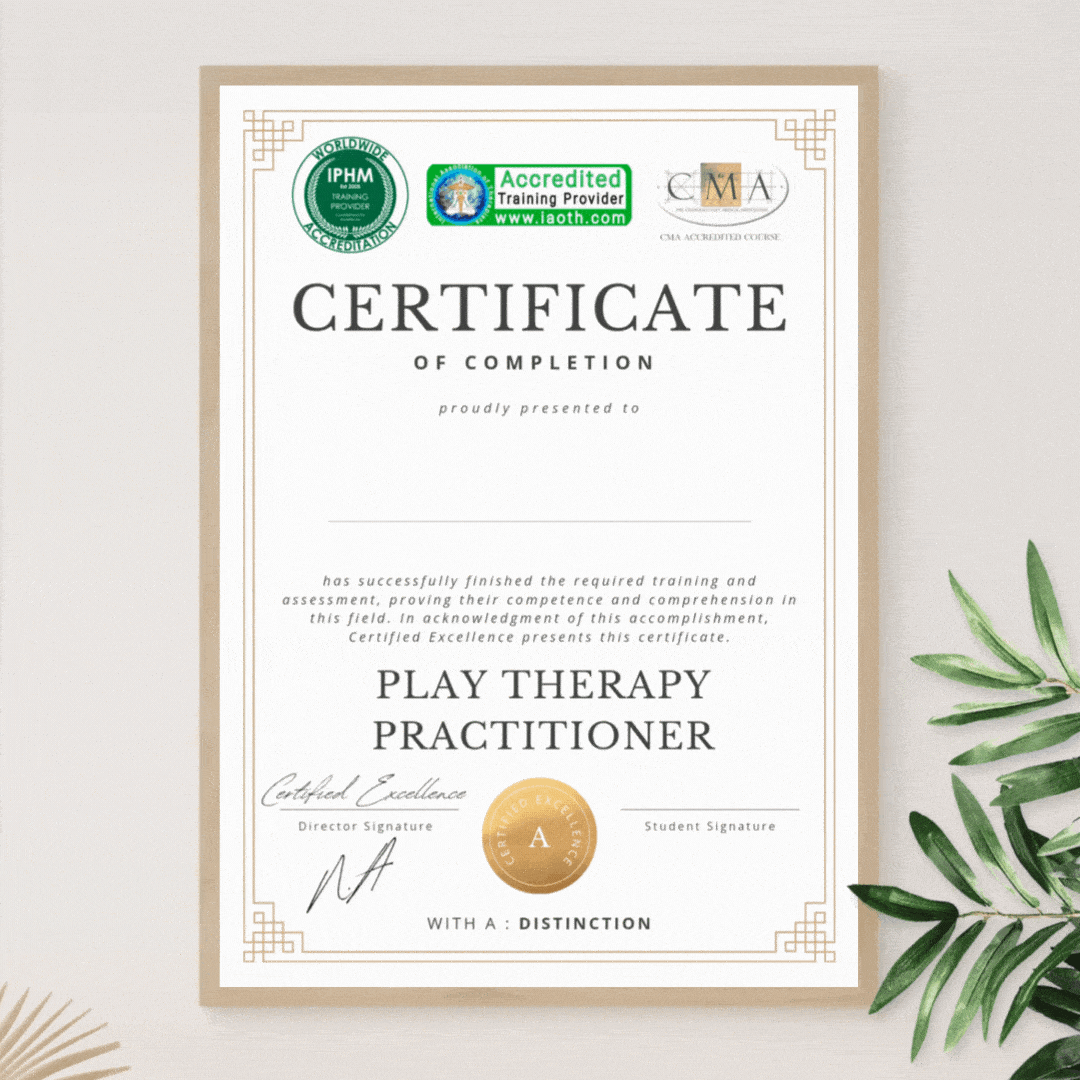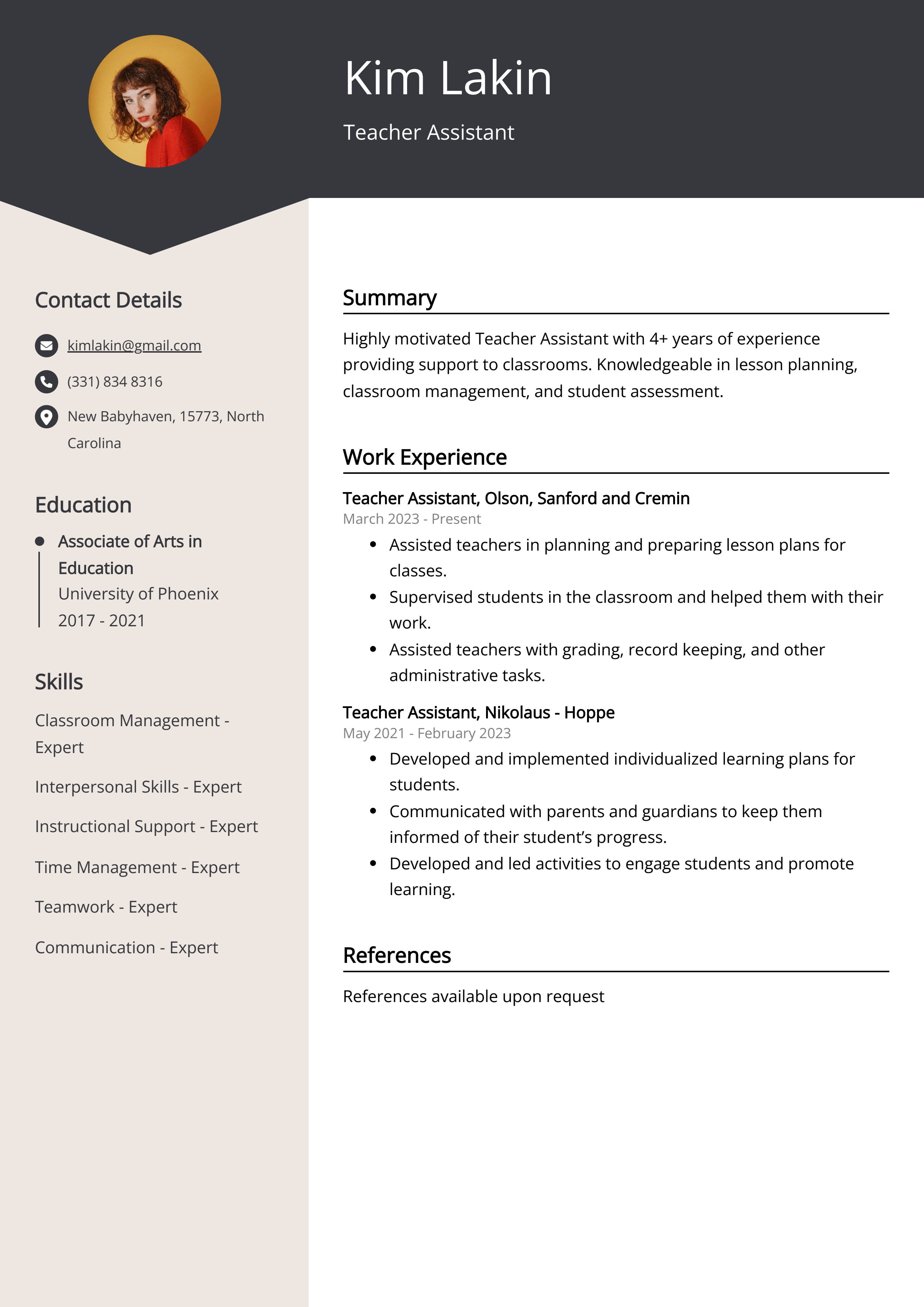How to Become a Travel Agent Training: Step-by-Step Guide
Have you ever dreamed of turning your passion for travel into a rewarding career? As a travel agent, you can help people explore the world while enjoying the perks of the industry yourself.
But where do you start? How do you navigate the process to become an expert in planning unforgettable trips for clients? This is where proper training comes in. In this guide, we’ll explore the essential steps to becoming a successful travel agent.
You’ll learn about the skills you need, the courses to take, and the insider tips that can set you apart in a competitive market. Dive in to discover how you can transform your love for travel into a thriving profession. Your adventure in the travel industry awaits!

Researching The Travel Industry
Discover the path to becoming a travel agent through specialized training programs. Learn essential skills, industry insights, and customer service techniques. These courses equip you with the knowledge needed to navigate the dynamic travel industry confidently.
Researching the travel industry is a crucial step in becoming a successful travel agent. It’s a dynamic field with constant changes and opportunities. By understanding the current landscape, you can position yourself effectively and cater to the needs of travelers.
Trends And Opportunities
Staying updated with trends can give you a competitive edge. For instance, there’s a growing interest in sustainable tourism. Travelers are increasingly seeking eco-friendly accommodations and experiences. Adventure tourism is another booming sector. People crave unique experiences like trekking in the Himalayas or exploring underwater reefs. Are you ready to help them find these adventures? Understanding these trends helps you offer relevant packages. You can tailor your services to meet the evolving preferences of travelers. This adaptability can set you apart in the crowded travel market.
Key Players And Agencies
Familiarize yourself with the major players in the travel industry. Companies like Expedia and Booking.com dominate online bookings. They offer a wide range of services that you should understand. Don’t ignore the importance of traditional travel agencies. Many still hold a strong market position. Agencies like TUI and American Express Travel provide personalized service that many travelers value. Networking with these key players can open doors for partnerships. Attend industry events or join professional groups. Building these connections can enhance your credibility and expand your client base. Research is more than just gathering information—it’s about making connections and finding your niche. Are you ready to dive into the travel industry and carve out your path?

Educational Requirements
Becoming a travel agent requires a solid educational foundation. Understanding the industry and acquiring necessary skills is crucial. This journey begins with meeting specific educational requirements. These requirements help you gain knowledge about tourism, customer service, and booking systems.
Relevant Degrees And Courses
A degree in tourism or hospitality management is beneficial. It provides insights into travel operations and customer relations. Courses in marketing and business can also be useful. They offer skills in promoting travel packages and managing finances.
Some colleges offer specialized travel agency programs. These programs cover essential topics like travel laws and itinerary planning. Certificates in travel and tourism are available too. They are shorter but focused on key travel agent skills.
Online And In-person Training Options
Online training offers flexibility and convenience. Many institutions provide courses through digital platforms. These can be completed at your own pace. In-person training offers hands-on experience. It allows interaction with trainers and peers.
Both options have their advantages. Online courses suit those with busy schedules. In-person classes are great for networking opportunities. Choose based on your personal learning style and time availability.
Gaining Experience
Becoming a travel agent is not just about understanding destinations; it’s about gaining real-world experience. This experience can transform your career from theoretical knowledge to practical expertise. There are numerous ways to immerse yourself in the travel industry, and each path offers unique opportunities to learn and grow.
Internships And Entry-level Jobs
Internships and entry-level jobs are excellent starting points. They allow you to dip your toes into the industry while learning the ropes from seasoned professionals.
Working as an assistant in a travel agency can be eye-opening. You learn how to handle bookings, manage client inquiries, and navigate the intricacies of travel itineraries.
These roles often involve direct interaction with customers, offering a chance to hone your communication skills. You get a firsthand look at the industry’s demands and expectations.
Imagine the thrill of helping someone plan their dream vacation. It’s not just a job; it’s an opportunity to make a difference in someone’s life.
Volunteering In Travel And Tourism
Volunteering provides another avenue to gain experience. It offers flexibility and often allows you to work in various roles.
Consider volunteering at local tourist attractions or events. This experience can teach you about the operational side of tourism and event planning.
Volunteers often work alongside industry experts, offering a chance to learn from their insights. You might find yourself assisting in organizing a local festival or guiding visitors through a museum.
Such experiences are invaluable. They not only boost your resume but also enrich your understanding of the industry. Have you ever thought about how these roles could shape your career path?
Whether through internships or volunteering, gaining experience is crucial. It equips you with the skills needed to thrive as a travel agent. Start today, and see where your journey takes you.

Certification And Licensing
Certification and licensing play a crucial role in your journey to becoming a travel agent. They not only lend credibility to your skills but also open doors to exciting opportunities in the travel industry. Let’s dive into the different types of certifications available and the licensing requirements you need to meet.
Types Of Certifications
Certifications can boost your career as a travel agent. They show your expertise and dedication to continuous learning. Consider getting certified by recognized organizations like The Travel Institute or the American Society of Travel Advisors (ASTA).
Each certification offers unique benefits. For example, Certified Travel Associate (CTA) credentials enhance your knowledge of travel products and sales strategies. Specialized certifications, such as the Certified Cruise Counselor (CCC), focus on niche markets.
Think about what interests you most in the travel field. Certifications can help you become an expert in those areas. With the right credentials, you can stand out in a competitive industry.
State And National Licensing Requirements
Licensing requirements vary by location. Some states in the U.S. require travel agents to have a license. California and Florida are examples where you need to register and meet specific criteria.
Research your state’s requirements carefully. You might need to complete certain education or training programs. Staying informed about changes in legislation will keep your business compliant.
Licensing on a national level can be less stringent. However, having a strong understanding of federal regulations will benefit you. Are you prepared to navigate the legal landscape as you start your travel agency?
Certification and licensing are essential steps in your journey as a travel agent. They enhance your credibility and ensure compliance with laws. As you pursue these qualifications, imagine the doors they can open for you in the vibrant world of travel. Are you ready to take the next step and elevate your career?
Building A Network
Building a network is crucial for anyone aspiring to become a successful travel agent. Your network can open doors to exclusive deals, provide support and advice, and help you grow in the industry. Establishing connections takes time, but with strategic efforts, you can create a robust network that boosts your career.
Joining Professional Associations
Professional associations are a goldmine for networking. They offer access to industry updates, training sessions, and exclusive resources. Consider joining organizations like the American Society of Travel Advisors (ASTA) or the International Air Transport Association (IATA).
These associations often have local chapters where you can meet fellow travel agents. The shared experiences and insights can be invaluable. Plus, being part of a reputable association adds credibility to your business.
Networking Events And Conferences
Attending networking events and conferences is a fantastic way to meet industry professionals. Events like the Travel Agent Forum or the Global Travel Marketplace can connect you with experts and peers.
At these events, make sure to engage in conversations and exchange contacts. Ask questions like, “What’s the most unexpected destination you’ve booked?” This can lead to insightful discussions and memorable connections.
Don’t be afraid to follow up after the event. A simple message can turn a brief meeting into a lasting professional relationship. Building your network is about nurturing these connections over time.
Have you considered how your network could transform your career? Take action today to expand your reach and influence in the travel industry.
Developing Skills
Becoming a travel agent requires a diverse set of skills. These skills help in managing client needs and crafting unforgettable travel experiences. Focusing on key areas can enhance your capabilities and ensure success in this field.
Customer Service Excellence
Customer service is at the heart of travel agency work. You need to listen carefully to client needs and provide tailored solutions. Responding promptly to inquiries and resolving issues quickly builds trust. This trust encourages repeat business. Remember, a happy client is a loyal client.
Sales And Marketing Strategies
Sales and marketing skills are crucial for attracting new clients. Understand market trends to offer appealing travel packages. Use social media and online platforms to reach a wider audience. Effective communication is key in persuading potential clients. Highlight the benefits of your services clearly.
Setting Up Your Business
Setting up your travel agency business is an exciting journey. It requires careful planning and strategic decisions. As a travel agent, you will help clients discover new places. Your business should reflect your passion for travel and commitment to service. This section will guide you through essential steps to establish your business.
Choosing A Niche
Selecting a niche helps you stand out in the travel industry. Focus on a specific area that excites you. It could be luxury travel, adventure trips, or family vacations. Identifying your niche makes marketing easier. It attracts clients who share your interests. Specializing can also make you an expert in that field.
Creating A Business Plan
A business plan is your roadmap to success. It outlines your goals and strategies. Start with a clear mission statement. Define your target audience and services offered. Include financial projections to track growth. A solid plan helps secure funding and manage expenses. It also guides daily operations and long-term vision.
Marketing Your Services
Marketing your services effectively is crucial for any aspiring travel agent. With countless agents competing for attention, standing out is essential. Your marketing strategy should focus on reaching potential clients and showcasing your unique offerings. This involves leveraging modern digital tools and platforms to ensure your services are visible and appealing.
Utilizing Social Media
Social media is a powerful tool for travel agents. It allows you to connect directly with your audience. Share engaging content about travel destinations, tips, and experiences. Use platforms like Facebook, Instagram, and Twitter to reach different demographics. Visual content works best. Photos and videos of beautiful places catch attention quickly.
Consistent posting keeps your audience engaged. Responding to comments and messages builds trust. Encourage satisfied clients to share their experiences online. This creates authentic testimonials. Consider collaborations with influencers who align with your brand. Their endorsement can attract new clients.
Building An Online Presence
A professional website is essential. It serves as your digital business card. Highlight your services, expertise, and client testimonials. Ensure the site is easy to navigate. Mobile-friendly design is crucial. Many users browse on their phones.
Blogging about travel tips and trends attracts visitors. This positions you as an expert. Use keywords strategically for SEO purposes. This helps your site rank higher in search results. An email newsletter can keep your audience informed. Share deals, updates, and personalized travel offers.
Consider online advertising to boost visibility. Google Ads and Facebook Ads target specific audiences. Track performance with analytics tools. Adjust strategies based on data insights. This ensures your marketing efforts are effective.
Staying Updated
In the fast-paced world of travel, staying updated is crucial. Information changes quickly. New destinations emerge, and travel regulations shift. A travel agent must keep up. This ensures they provide accurate advice. It also helps them offer the best deals. Staying updated means continuous learning. It involves adapting to new industry trends. This section explores ways to stay informed.
Continuing Education Opportunities
Continuing education is essential for travel agents. It offers many benefits. Courses are available online and offline. They cover various topics. Learn about emerging destinations. Understand new booking technologies. Many organizations offer certifications. These enhance credibility. Regular workshops can boost skills. Networking events provide insights. These educational opportunities keep agents informed.
Adapting To Industry Changes
Industry changes are constant. New technologies transform travel experiences. Regulations may alter travel procedures. Agents must be adaptable. This helps them remain competitive. Embrace new tools and software. These can streamline booking processes. Stay aware of global events. They influence travel trends. Adaptation ensures relevance. It helps provide the best client experiences.
Frequently Asked Questions
What Qualifications Do I Need To Become A Travel Agent?
To become a travel agent, you typically need a high school diploma or equivalent. Many agents pursue additional training or certification programs. These programs enhance industry knowledge and skills. Experience in customer service, sales, or hospitality is beneficial. Some positions may require a bachelor’s degree in tourism or a related field.
How Long Does Travel Agent Training Take?
Travel agent training duration varies based on the program and certification level. Basic courses may take a few weeks. More comprehensive programs or degree courses can last several months to a few years. Online courses offer flexible timelines, allowing learners to progress at their own pace.
Is Travel Agent Certification Necessary?
Certification is not mandatory but highly recommended for travel agents. It enhances credibility and demonstrates expertise to clients and employers. Certifications, such as those from the Travel Institute, provide valuable industry knowledge. They can also improve job prospects and potentially lead to higher earnings in the travel industry.
What Skills Are Essential For A Travel Agent?
Essential skills for a travel agent include strong communication, attention to detail, and customer service. Agents should have excellent organizational and problem-solving abilities. Knowledge of travel software and booking systems is crucial. Staying updated on travel trends and destinations also helps in providing top-notch service.
Conclusion
Embarking on a journey to become a travel agent can be rewarding. It offers opportunities to explore the world, meet new people, and create memorable experiences for clients. Start by gaining relevant skills and understanding the industry. Consider enrolling in specialized courses or training programs.
Build your network and stay updated with travel trends. Practice patience and dedication. These efforts will help you succeed in this exciting field. With passion and perseverance, you can turn your love for travel into a fulfilling career. Keep learning and growing, and the world of travel will open up to you.












